Current battery technology is allowing tens of thousands of Australians to get more out of their solar investments. Does a solar battery make sense for you?
Here are a few questions aimed at helping you decide whether a solar battery is the next move for you:
When do you consume most of your electricity?
This one’s important because simply put, you’re financially better off maximising the amount of solar energy you use at home so you can buy less from your electricity retailer.
For most households, energy usage is higher in the mornings and the evenings (peak times). Without a battery, you can only use solar energy while your system is producing – when the Sun’s shining. Unless you are already using most of your energy during the day, you will be getting an electricity bill from your consumption at night and any other times without solar. A solar battery might be a good solution to lower your bills without changing your usage patterns.
How much do you export to the grid?
Without storage, any solar power you don’t use when it’s generated gets sold to the grid. For most of us, the Feed-in Tariff (FiT) you get paid will be lower than the electricity rates you pay to your retailer, and these tariffs get lower and lower as more people embrace solar technology. In the current grid infrastructure, systems and areas where solar exports are already limited or banned are not unheard of.
To prevent traffic jams, the Australian Energy Market Commission (AEMC) has proposed rooftop solar panel owners to be charged for exporting electricity into the grid at sunny times – what advocacy group Solar Citizens has dubbed as a ‘sun tax’. Such a move talks about disincentivising solar to be exported in the future, while making batteries and electric vehicles more attractive.
In short, if you are exporting a decent amount of power to the grid, it is very likely you could use that to fill up a battery instead and save more money.
Is the area where you live prone to brownouts and blackouts?
A solar PV installation is great to gain independence from the grid… until the grid fails. It’s a common misconception, but rooftop solar panel systems won’t work during a blackout.
When blackouts happen, electrical teams are quickly prompted to fix whatever the issue is. Back in the day when the grid worked as a one-way street, maintenance work involving the poles and wires was safe for them to proceed with. Now however, during a sunny day, solar systems would still feed excess power into the grid, essentially keeping poles and wires live. Maintenance work cannot proceed safely until all solar systems are shut down. In the event of a blackout, your system’s inverter will do this automatically.
Adding a solar battery with blackout protection (also called UPS) to your system will provide basic power to your home when the grid fails. It’s important to know your options, as different batteries add different levels of blackout protection. Nevertheless, you can keep your home running at a consistent throughput as long as the battery has been charged. Power outages make solar batteries a necessity in certain areas of Australia.
Getting battery storage
If you consume most of your electricity when your solar is not producing, you export a decent amount of energy to the grid, and protecting your home from blackouts is important to you; then you are a great candidate to add solar battery storage to your existing setup.
Solar storage technology continues to evolve quickly, and there are options galore to choose from. When choosing to invest in a solar battery, your home’s energy consumption, budget and motivations need to be taken into consideration.
That’s why we take our time understanding your energy needs before recommending a storage solution for you. Contact Solar Battery Group on 1300 223 224 or request a quote here. Our experts will guide you through the best sustainable energy storage options tailored to your needs.

 Solar Battery Group
Solar Battery Group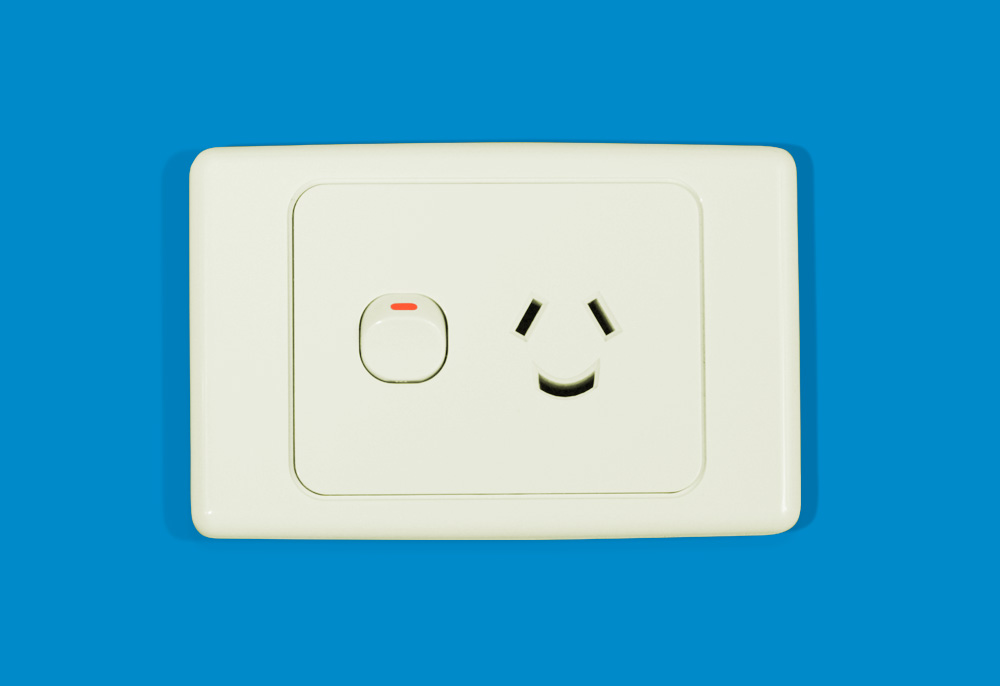
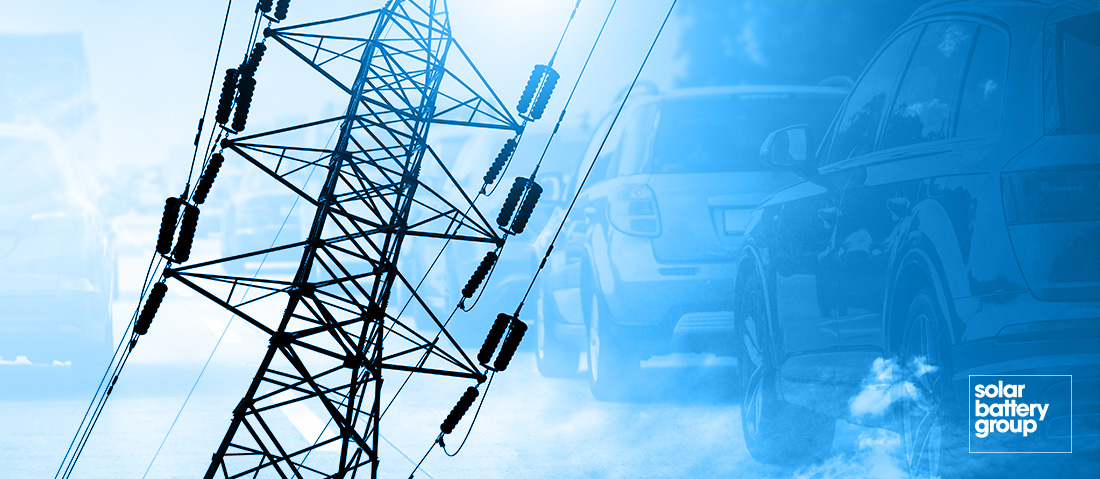
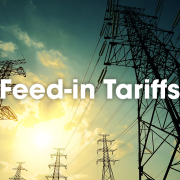 Solar Battery Group
Solar Battery Group Solar Battery group
Solar Battery group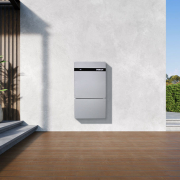 Solar Battery Group
Solar Battery Group Solar Battery Group
Solar Battery Group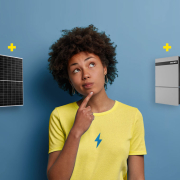 Solar Battery Group
Solar Battery Group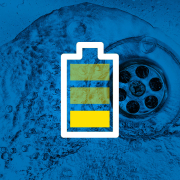 Solar Battery Group
Solar Battery Group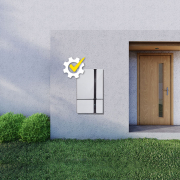 Solar Battery Group
Solar Battery Group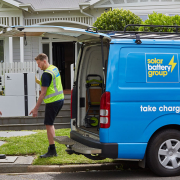 Solar Battery Group
Solar Battery Group


 Eveready® Energy Vault
Eveready® Energy Vault Hive Solar Batteries
Hive Solar Batteries